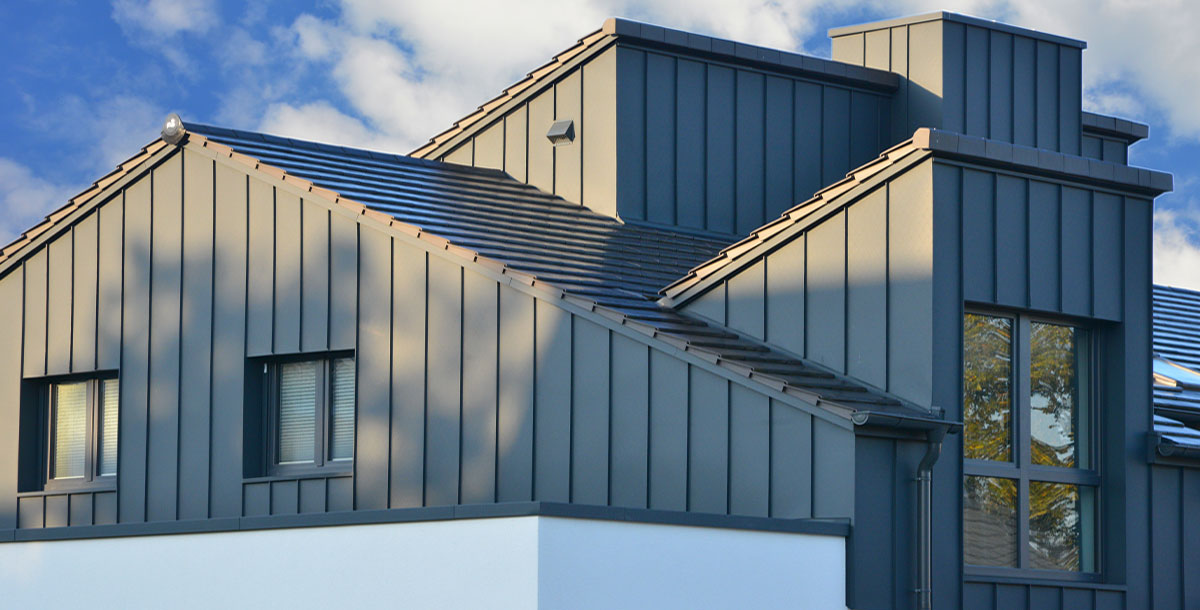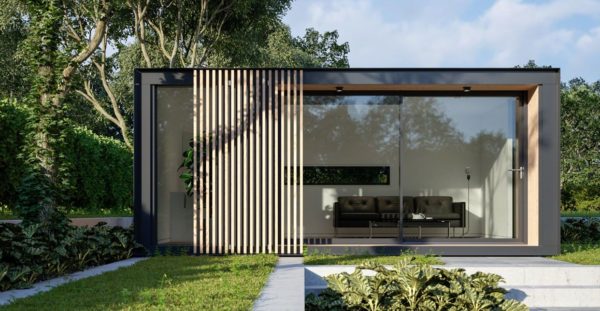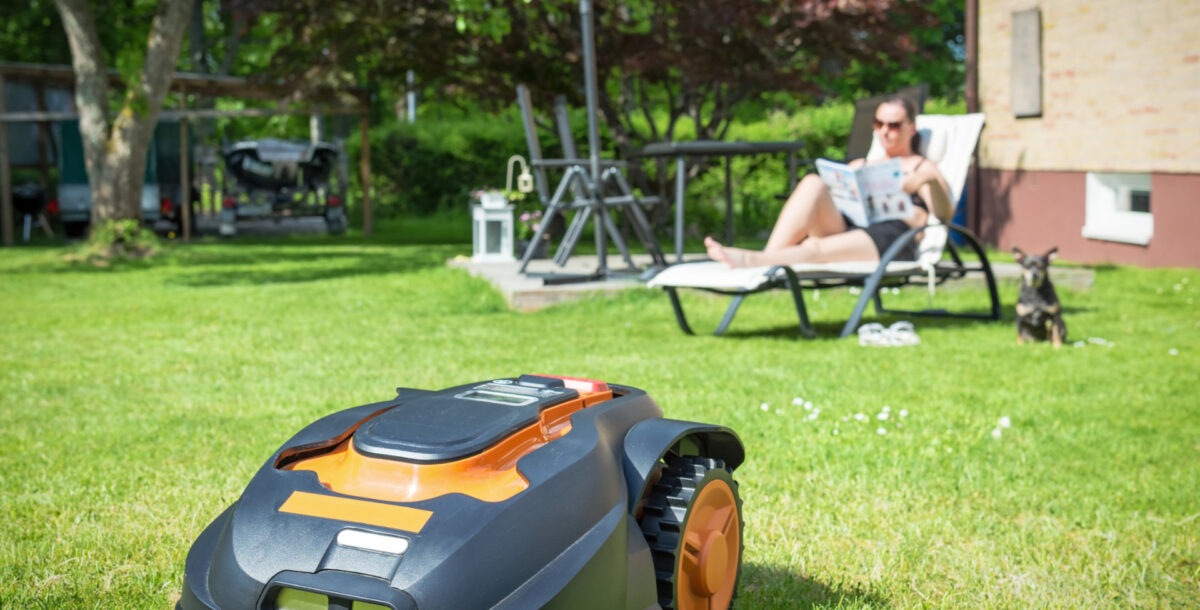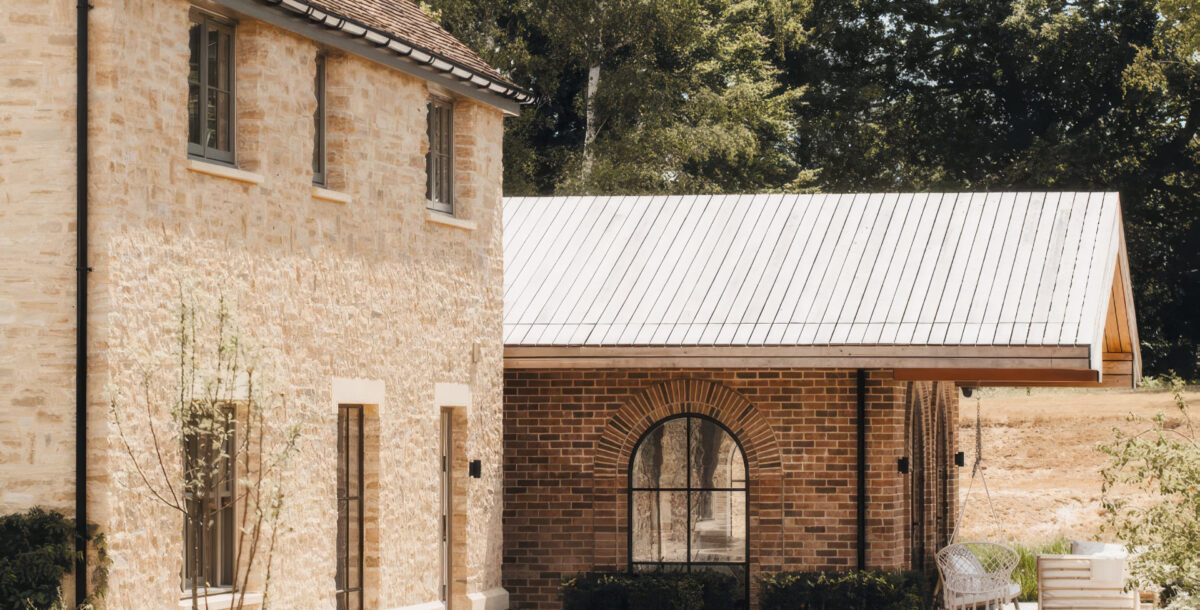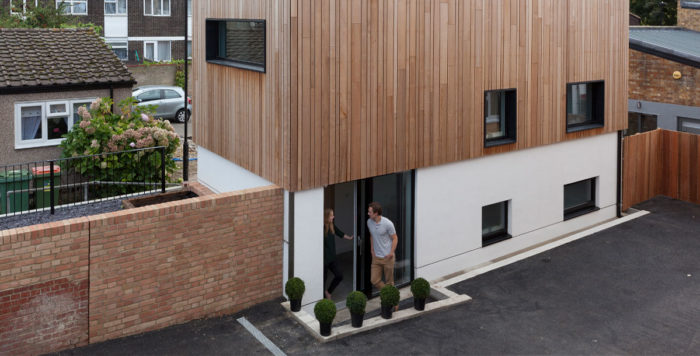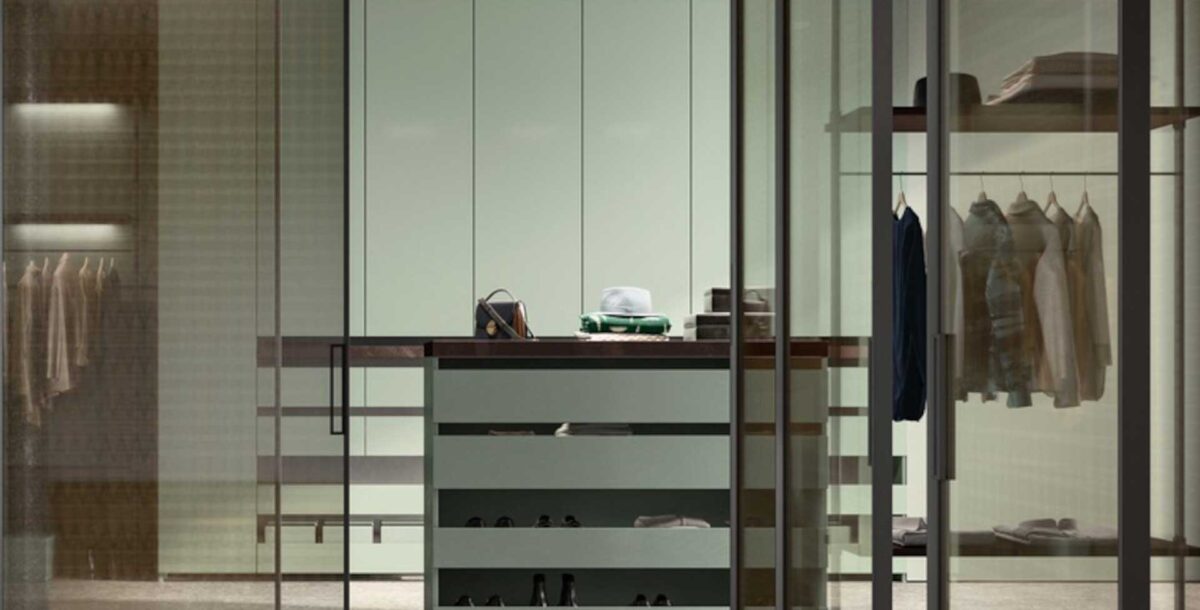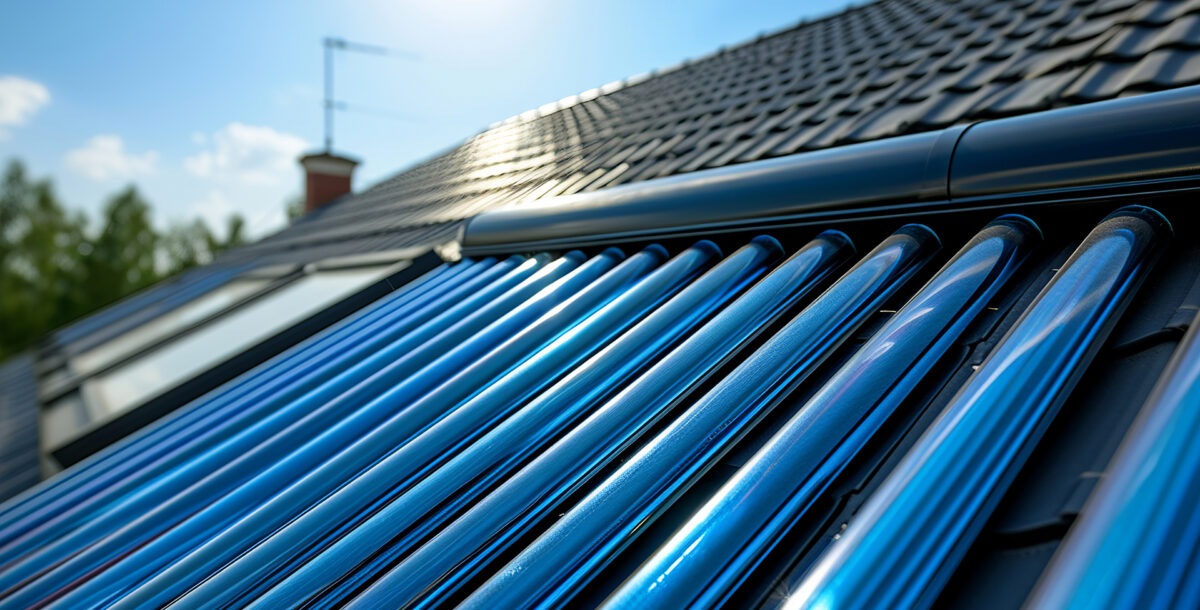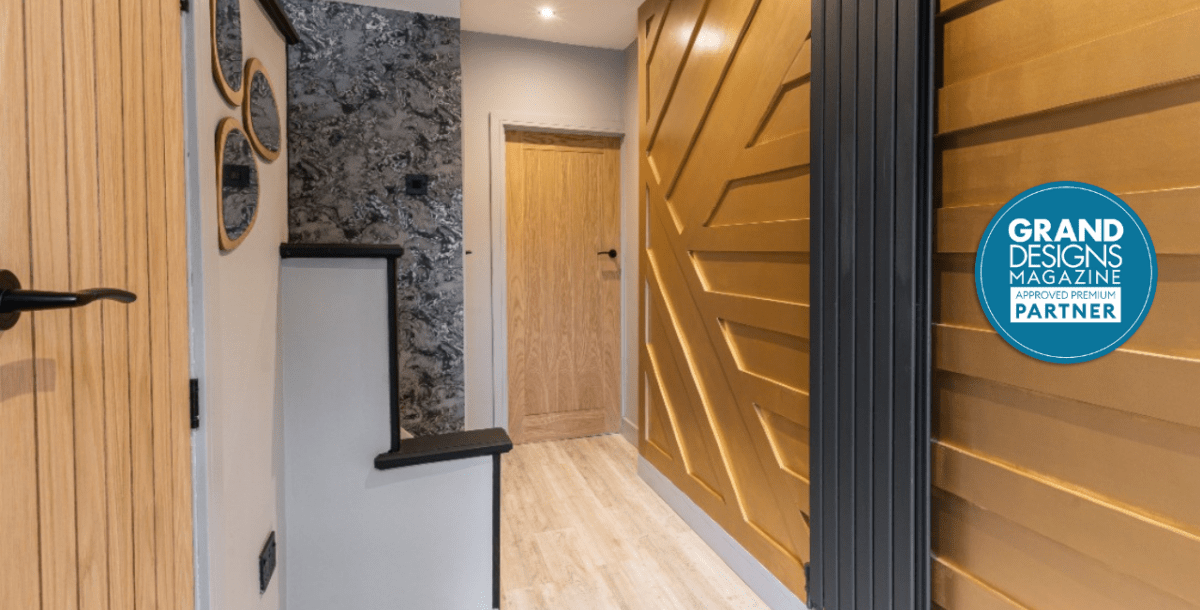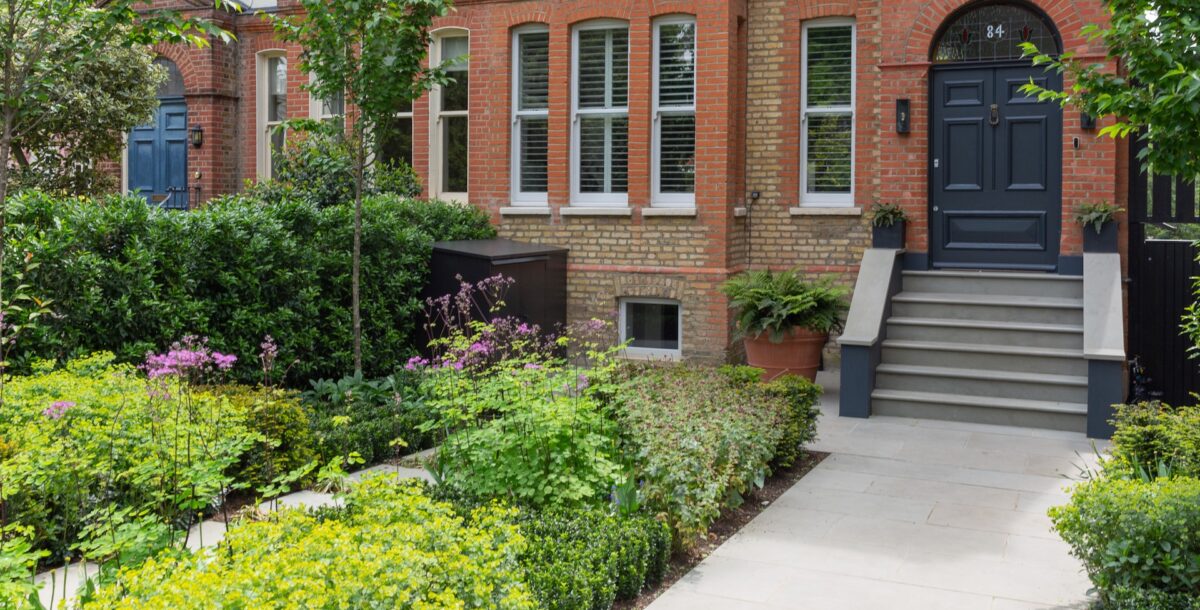Expert advice on cladding and fire safety
Compliance and safety advice for homes in England, Wales and Scotland
Cladding forms the protective external layer of a property, and the choice of material will dictate the finished look. There’s an array of different exterior cladding types and materials to choose from, including timber shingles, metal sheeting, stone tiles and composite boards. But of the utmost importance is cladding fire safety.
The fire performance of any cladding system must be compliant with Building Regulations. It’s important to investigate a product’s fire rating, seek information from the manufacturer and ask about warranties. It must also be installed correctly.
Gary Peacey, director at EWI Consultants, which provides independent expert advice on external wall insulation, renders and insulation, shares his expert cladding fire safety advice:
- The Euroclass system for fire classification is being adopted over the older British Standards. It ranges from A1, which means non-combustible and makes no contribution to fire, down to F, which means combustible and easily flammable.
- For a home less than 18m in height in England and Wales that’s less than 1m from a boundary, the external surface should be Class B or better. If more than 1m from a boundary, there is no provision required. In Scotland the requirement is for A1 or A2 no matter how far the distance is to the boundary.
- Products and systems that have a degree of combustibility are still seen as safe to use on typical low-rise homes. Fire-retardant treated exterior timber cladding can still meet the Euroclass B rating.
- Some manufacturers provide system solutions and have testing on all component parts. Some of them may include components that are Euroclass E or F, but when tested as a system they achieve a higher performance.
- Don’t be afraid to ask for proof of fire classifications and request confirmation data.
For further information, visit the Insulated Render and Cladding Association.
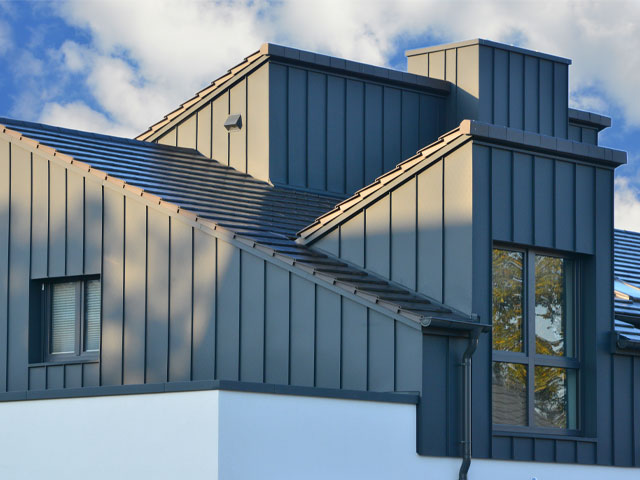
Photo: Hermann / Adobe

